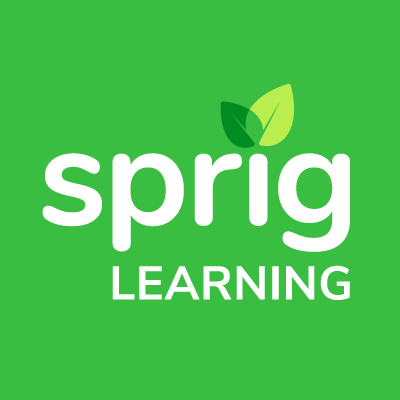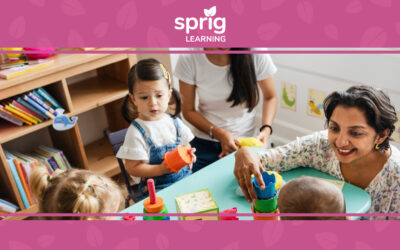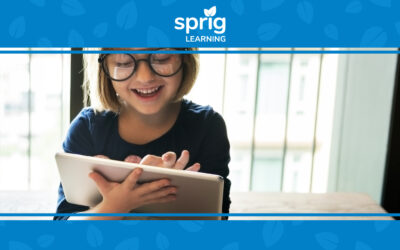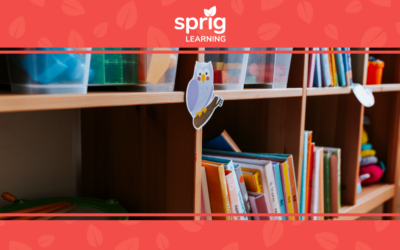The Sprig Learning Bookshelf was built in partnership with Mi’kmaw Kina’matenwey of Nova Scotia, and provides Indigenous and non-indigenous students with access to guided reading in both the English and Mi’kmaw language. It provides early literacy support through levelled readers, and a variety of interactive features.
As an extension of the Sprig Learning Oral Language Program, the Sprig Bookshelf brings the stories of the Mi’kmaw people in Nova Scotia to life and provides access to parents, caregivers, and educators looking to extend learning beyond the classroom. Readers can choose to either read alone, or have the story read to them in either English or Mi’kmaw.
Beyond early literacy, the Sprig Learning Bookshelf acts as a tool for language revitalization among the Mi’kmaw community in Nova Scotia. Each of the four titles currently featured in the bookshelf was created in partnership with a working group of educators, community members, and Elders to represent the localized experience and culture of Mi’kmaw students. Speakers and non-speakers alike can see the Mi’kmaw language come to life, and promote language adoption and retention among some of their youngest speakers.
Download The Sprig Learning Bookshelf for free on the iOS app store for iPad Air today.
More from the Sprig Blog
Early Childhood Teachers— Creating the Perfect Team
Despite all the challenges commonly faced by teachers, they are committed to the teaching profession to help students.
It takes an enormous amount of effort and dedication to teach preschoolers, kindergarteners and students in the early elementary grades. That’s why Sprig Learning supports the teaching cause by designing holistic early learning programs for Pre-K to Grade 3.
For this year’s National Teacher Day, let’s take time to understand each teaching role to truly appreciate them!
Using Play-based Technology to Teach Early Math Skills
Encouraging and motivating a student during their early math experiences allows them to develop a keen interest in math. Such enjoyment and persistence in learning math pays off. Students explore creative ways to advance their learning instead of being discouraged and frustrated.
Play-based learning drives engagement in the early years.
Technology facilitates play.
In this article, we explore technology’s potential in teaching early math skills.
Applying the Science of Reading in Early Literacy Strategies
There are hundreds of different factors that determine literacy success, and there are potentially more factors that remain unresearched.
That being said, the evidence for the Science of Reading deserves thorough consideration from educators who are looking for ways to build early literacy skills in and develop proficient readers in their classrooms.
In this article, we look at how the Science of Reading informs early literacy strategies.




